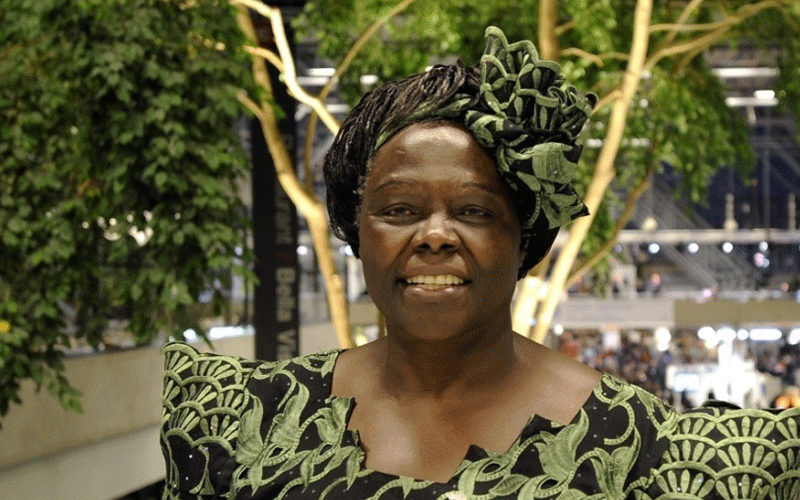The evasive ‘peace’ in the Nobel Peace Prize
By John Obiero, September 2, 2020Kenyans and the world still remember Prof Maathai Wangari, winner of the 2004 Nobel Peace Prize.
Wangari popularised conservation through use while working with village women in Kenya.
Wangari’s approach, now replicated in many other countries, involved mobilising ‘users’ to plant trees to sustain balance between harvest and conservation.
Thirty million trees were planted through her Green Belt Movement as a result. However, Wangari’s was no ordinary peace prize.
According to Nobel’s will, the “peace prize” is awarded to a person who “shall have done the most or the best work for fraternity between nations, for abolition or reduction of standing armies and for holding and promotion of peace congresses.”
What then was ‘peaceful’ about Wangari’s afforestation efforts one would ask.
From the Nobel Prize press release, Wangari was feted for her contribution towards sustainable development, democracy and peace; noting that peace on earth depends on our ability to secure our living environment.
From a broad interpretation, issues relating to environmental deterioration can trigger a conflict.
We have witnessed ethnic clashes in Kenya over water and pasture . Kenyans are also familiar with perennial conflicts between armed pastoralist and farmers over pasture in Laikipia.
Recently, Lake Victoria waters rose over a metre over what scientists attributed to increased run off from human activities around the lake.
Now, displaced families are at war with Kisumu County authorities over their livelihood.

In her efforts, Wangari conceptualised a reconciliation of sorts between people and nature, which culminated in aggressive afforestation.
Unfortunately, tools, equipment, greed and selfishness have ganged up with manipulative nature of mankind to ensure peace with nature remains elusive.
One way out of this uncertainty is afforded us by folklore. There are more environmental conservation ideas in our traditional customs, myths, and stories than we care to find out.
While on a recent field trip to Uhanya Beach in Siaya County, I asked an old fisherman why fish production in the lake has dropped and why there are more boat accidents today.
“There are many reasons”, he said. “They use wrong trees to make canoes; they fit canoes with engines; they fish at the wrong time; they don’t listen to the wind; they don’t watch birds, and they don’t look up”.
On prodding, he reasoned that safe boats are made from mature roots of a particular water tree, not from the stem.
Unfortunately, that tree has disappeared due to poor harvesting practices. Today, boat makers have turned to exotic trees that do not float properly on water.
Wooden boats with outboard engines spill oil into water which either kill fish or cause them to migrate. Fish are also sensitive to vibration and noise the boats make.
“An experienced fisherman understands fishing seasons and must listen carefully to different winds blowing over water” he said, emphasising that wind determines the mood of the lake and difference between a good and bad catch.
But why should fishermen look up? What has bird watching got to do with fishing? It turns out, fish-eating birds on or around Lake Victoria are exceptional fishermen.
Watching them equips fisherman with skills in hunting. For centuries, fishermen have gazed at the sky for clues, for instance, omena (sardine ) is best fished when the sky is starry when they come to the surface to dance with the stars.
We cannot be at peace with nature when we pay no attention to it. There is scientific proof plants not only produce sound, but also respond to it.
Among the Abagusii, for example, there is a banana variety that heaves when laden with fruit and in Luoland a plant variety that curls to the touch.
Some plants emit a pungent sap or blood like fluid when severed. In fact, whether a plant will survive depends on how we categorise or name it.
Though our control over nature has placed us above all non-humans, the more we rise above trees, forests, birds, animals or water bodies, the more we ignore and leave them behind. — The writer comments on topical issues
